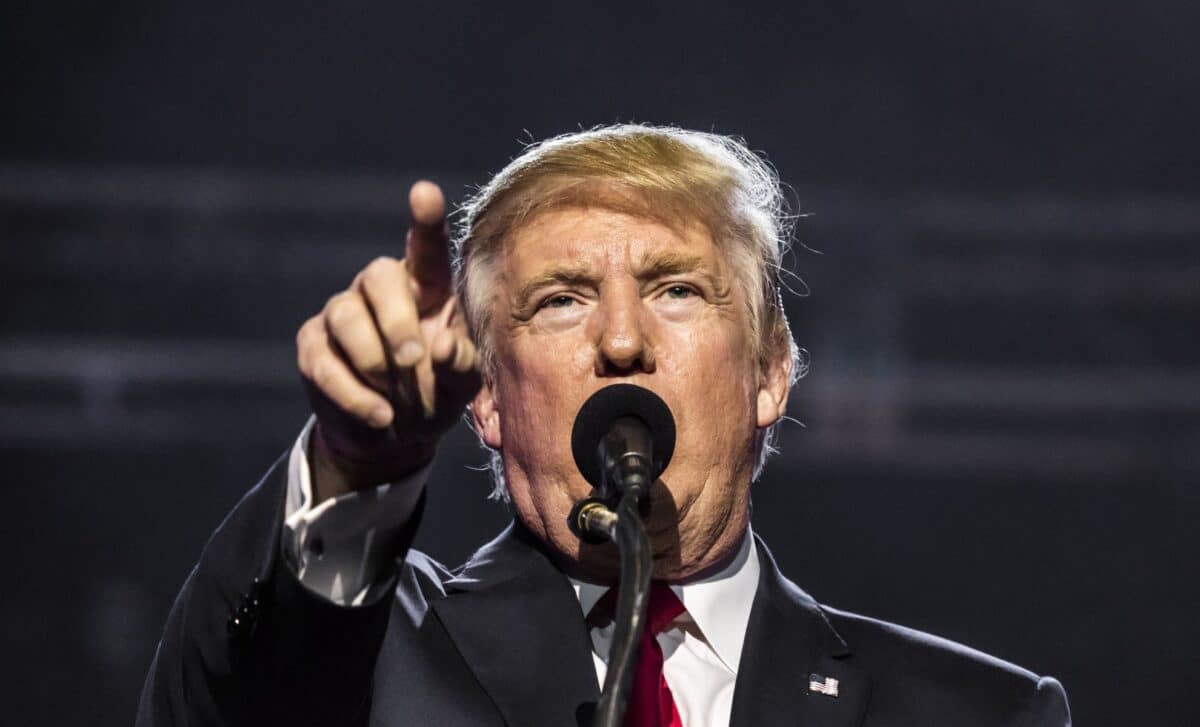In an effort to tighten U.S. immigration policies, President Donald Trump signed a new travel ban on June 4, 2025, which suspends entry for nationals from 12 countries. The decision, linked to recent security concerns, echoes measures from his first term, raising questions about its potential legal and diplomatic ramifications.
The White House outlined that the new restrictions, effective June 9, 2025, will apply to citizens of Afghanistan, Burma, Chad, Republic of the Congo, Equatorial Guinea, Eritrea, Haiti, Iran, Libya, Somalia, Sudan, and Yemen.
Additionally, there will be partial travel restrictions for seven other countries: Burundi, Cuba, Laos, Sierra Leone, Togo, Turkmenistan, and Venezuela. The measures have already prompted criticism and speculation about their broader impact.
Rationale Behind the Ban
Trump’s administration justified the travel ban with reference to a recent terrorist attack in Colorado. The assailant, Mohamed Sabry Soliman, an Egyptian national, was accused of attacking a group of Jewish demonstrators, highlighting what the White House described as “extreme dangers” posed by foreign nationals who are not properly vetted.
According to White House Deputy Press Secretary, Abigail Jackson, the policy targets countries with high visa overstay rates, lack of cooperation in security vetting, or those that are considered “terrorist safe havens.”
Trump himself reiterated the sentiment in a video message, emphasising that “we cannot have open migration from any country where we cannot safely and reliably vet and screen those who seek to enter.”
The countries affected by the ban were selected based on several factors, including security vetting deficiencies and political instability. Notably, Iran, identified as a state sponsor of terrorism, and Somalia, cited as a terrorist “safe haven,” were included in the list for their national security risks.
Legal and Diplomatic Concerns
While the Trump administration believes the travel ban is vital for national security, it has already sparked fierce opposition. Human rights groups such as Human Rights First and Amnesty International USA have condemned the ban as discriminatory and harmful to the very values that the U.S. claims to uphold.
According to Robyn Barnard, Senior Director of Refugee Advocacy at Human Rights First, the policy is “punitive” and “undermines national security” by targeting vulnerable populations.
The travel ban is also likely to face significant legal challenges, with critics arguing that it mirrors the controversial 2017 ban, which was ultimately upheld by the U.S. Supreme Court after multiple legal battles.
Legal experts suggest that while the new order may be more carefully crafted, with its rationale focusing on national security rather than religion, its enforceability could still be challenged in the courts.
Furthermore, some argue that the exclusions granted, including for athletes and special immigrant visa holders, will not fully address the policy’s perceived injustices.
As the Trump administration moves forward with this decision, the geopolitical fallout from the ban remains to be seen. Countries like Somalia and Venezuela have already expressed discontent, while others may seek diplomatic negotiations to address the concerns raised by the U.S.









